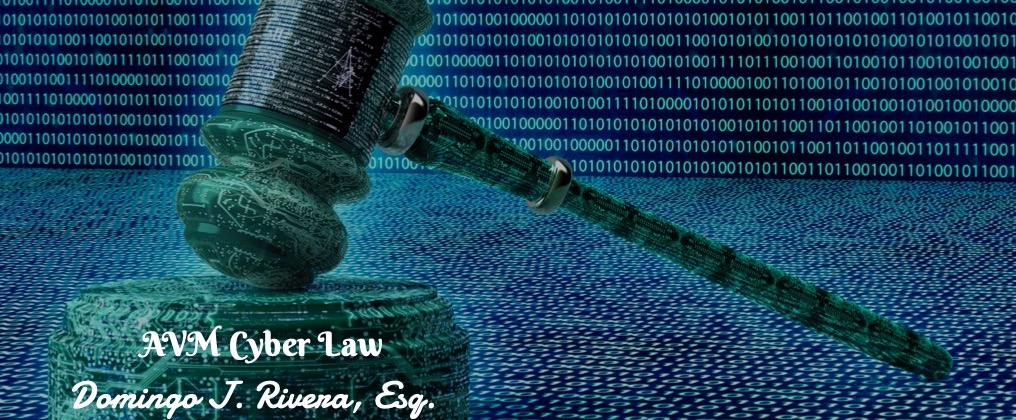Copyright
Fri, May 20, 2011
Read in 2 minutes
A copyright is the legal protection for the artistic and literary work that you create. Copyrightable items include music, books, websites, graphics, poetry, stories, and software. Your copyrighted works may not be copied, reproduced, distributed or displayed without your consent.

Copyright
A copyright is the legal protection for the artistic and literary work that you create. Copyrightable items include music, books, websites, graphics, poetry, stories, and software. Your copyrighted works may not be copied, reproduced, distributed or displayed without your consent.
Registration, although not required is advisable and important if you wish to protect your work. Copyright registration provides significant benefits, including evidence that you created your own works. It is significantly more difficult to maintain a legal action for copyright infringement when you have not obtained a copyright registration for your works and have to prove to a court that you actually created your own work.
Additionally, there are advantages in case you are faced with litigation. For example, if you are forced into litigation to protect your copyright rights, a court may award significant damages for copyright infringement, including statutory damages of up to $150,000, and reimbursement for your attorney’s fees and costs for the infringement of your copyright rights. However, under U.S. Copyright Laws, you obtain a copyright to your works the moment your works are created and registration is not required to maintain a cause of action for trademark infringement. If your copyright is not registered, you will need to prove actual damages, as opposed to the presumed statutory damages provided for works protected by a registered copyright.
Even if your website is not registered, your content is still protected under U.S. Copyright Laws and you can maintain an action for Internet copyright infringement. As you Internet copyright infringement attorney, we understand Internet copyright laws, U.S. Copyright Act, the Digital Millennium Copyright Act (DMCA) and the application of copyright laws to Internet copyright matters.